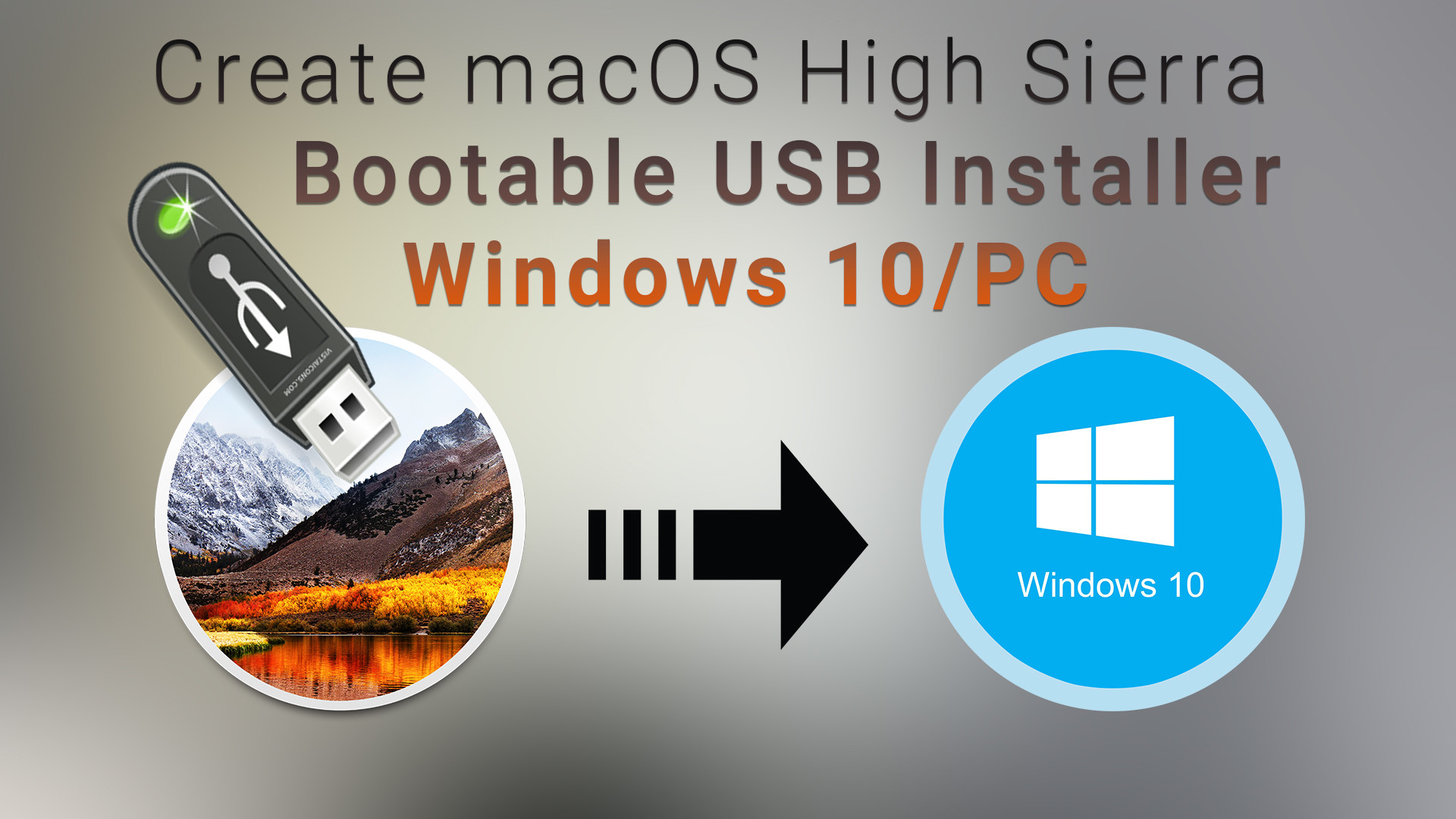


- #Windows boot mac os in virtualbox install#
- #Windows boot mac os in virtualbox upgrade#
- #Windows boot mac os in virtualbox software#
For memory, we recommend you use at least 4096MB, though you can opt for more if you have enough RAM to spare on your Windows machine. Name your Virtual Machine “High Sierra,” and choose “Mac OS X” for the operating system and “Mac OS X (64-bit)” for the version (as of this writing, “macOS High Sierra” is not offered, but that’s fine.)Ĭontinue through the process.
#Windows boot mac os in virtualbox install#
Next, head to your Windows machine, and install VirtualBox if you haven’t already, making sure you have the latest version (seriously, older versions may not work.) Step Two: Create Your Virtual Machine in VirtualBox Move the ISO to the desktop: mv /tmp/ ~/Desktop/HighSierra.isoĪnd you’ve got a bootable High Sierra ISO file!Ĭopy it to your Windows machine using a large flash drive, an external hard drive, or over your local network. Note that, after doing this, the name of our destination mount point has changed to “OS X Base System/System.” You’re almost done! Unmount the image: hdiutil detach /Volumes/OS X Base SystemĪnd, finally, convert the image you created into an ISO file: hdiutil convert /tmp/ -format UDTO -o /tmp/HighSierra.iso Now you’re going to restore BaseSystem.dmg from the installer over to the newly mounted image: asr restore -source /Applications/Install macOS High Sierra.app/Contents/SharedSupport/BaseSystem.dmg -target /Volumes/install_build -noprompt -noverify -erase Next, mount your blank image: hdiutil attach /tmp/ -noverify -nobrowse -mountpoint /Volumes/install_build To convert those files to an ISO, we’ll need to use the Terminal, which you can find in Applications > Utilities.įirst, run the following command to create a blank disk image: hdiutil create -o /tmp/HighSierra.cdr -size 7316m -layout SPUD -fs HFSJ
#Windows boot mac os in virtualbox upgrade#
We don’t want to upgrade your friend’s Mac we just need the downloaded files. When the process is done, the installer will launch-that’s okay, just close it with CommandQ. To start, we’ll need to create an ISO file of macOS High Sierra’s installer, so we can load it in VirtualBox on our Windows machine. Grab your borrowed Mac, head to the Mac App Store, search for Sierra, and click “Download.” Ready to get started? Let’s jump in! Step One: Create a macOS High Sierra ISO File Borrow a friend’s Mac for an hour if you don’t have one, and you should be fine-everything beyond step one of this tutorial can be done on your Windows PC. You could, we suppose, obtain a High Sierra ISO by other means, but we don’t recommend it. NOTE: In order to get this working, you will need access to a real Mac in order to download High Sierra. To make things a little easier for people, we’ve combined methods from a few different forum threads into a single, step-by-step tutorial, complete with screenshots. Other than that, though, this is macOS High Sierra, running smoothly in VirtualBox. The only thing not working is sound, which for some reason is highly distorted or nonexistent. Some of the folks have figured out a process that works. Unfortunately, you’re not really supposed to do this-so getting macOS running in VirtualBox is, to say the least, tricky.
#Windows boot mac os in virtualbox software#
Whether you want to occasionally test a website in Safari, or try out a little bit of software in the Mac environment, having access to the latest version of macOS in a virtual machine is useful.


 0 kommentar(er)
0 kommentar(er)
